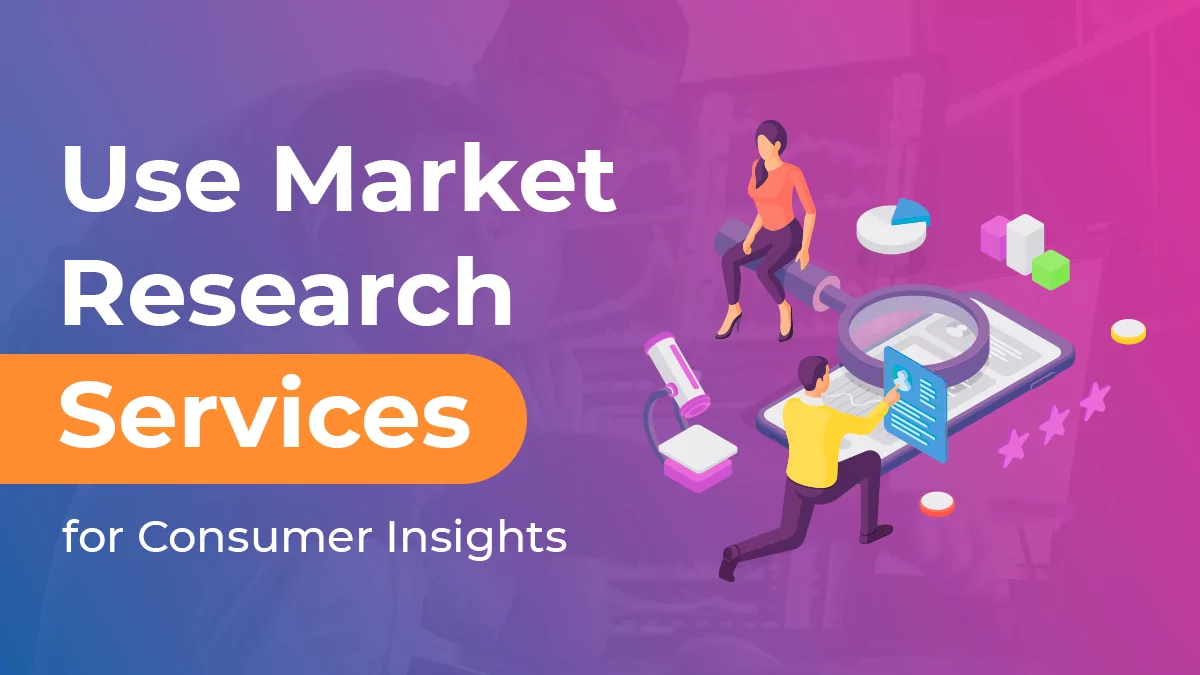
Getting in the heads of your customers (or consumers in general) can save you a lot of time and money in product development and marketing. But actually generating insights to find answers to your most pressing questions can be a challenge.
Every consumer insights specialist is familiar with the tried-and-true techniques—surveys, focus groups, and social media monitoring. However, there comes a time when these techniques aren’t getting the job done and you need to seek help from professional market research services.
Working with market research service providers comes with its own challenges, though. Hiring a consultant isn’t necessarily a cure-all for your consumer insight problems—you need to take the proper steps to prepare and ask the right questions if you want to succeed.
Do You Really Need a Consultancy?
This may seem like an obvious place to start, but it’s an important question to answer for yourself. Hiring a market research consultant is an expensive decision. And if you haven’t taken the time to narrow your focus and determine your goals, you might not get the ROI you’re expecting.
Before considering market research services, you need to create a reasonable hypothesis to solve a particular problem. What’s the question you’re hoping will unlock consumer insights that can drive your business forward?
For example, if sales for a particular product are down and you can’t determine why, market research services can help. Or, if you run a campaign and fail to get as many repeat customers as expected, research services can fill in the knowledge gaps.
In many cases, a detailed preparation phase will prove that you can find off-the-shelf research reports that can answer your questions. If you can find sufficient consumer insights to move in the right direction, you can save a lot of money by avoiding entering into what could become a long engagement.
Defining your problem will let you know whether or not a consultant is really necessary. But if you’ve gone through the process of hypothesizing and forming a tentative action plan and still need market research services, there are steps you can take to ensure success.
Choose the Right Consultancy for Your Issue
Not all market research consultancies are created equal. Once you’ve decided to get help with your consumer insights challenge, you need to narrow the field of possibilities to those firms that will best meet your unique demands.
There are five key categories that should factor into your decision:
- Consultancy Size: You might start by looking at the big, nationwide market research firms. These are the companies with brand recognition, such as Nielsen, Kantar, and C&C. But you may not be ready to meet the price point of these vendors. Smaller, niche consultancies can provide more personalized service and may also save you money depending on the scope of the project.
- Type of Research: You’ll have to decide if your question will be best answered by qualitative or quantitative research. The qualitative route will give you insights into consumer opinions and motivations whereas a quantitative approach will give you structured responses that can be analyzed with statistical methods.
- Level of Specificity: How unique is the question you’re looking to answer? If it’s a higher-level question, you may be able to get the job done with a larger, generalized market research consultancy. But if you’re looking for granular insights into a particular segment of a specific industry, you’ll need a consultant with a more niche focus.
- Geographic Region: Is your consumer insight issue limited to a specific geographic region? If it is, you’ll need to evaluate consultancies for their ability to cover that region. This is especially important to consider as you assess smaller, niche providers.
- Level of Research: Hiring a consultancy doesn’t automatically mean you need to pay for primary research. First, find out if the consultancy has researched your issue in the past and has secondary reports that can be adjusted to your needs. Just don’t force secondary research to work if it doesn’t deliver the most impactful consumer insights.
There are thousands of market research service providers that you can choose from. You can narrow your options with the help of these five categories, but you’ll still be left with a large field of possible consultancies.
Using a directory like GreenBook can help you set filters and sift through your options before you take the time to reach out to your short list.
Clarify the Scope of Your Project
Successfully working with a consultancy requires a clear understanding of the project scope before diving into the work. This means setting a definition for the engagement based on your problem, creating a tentative timeline for delivery, and determining the price point and billing process.
Before you can agree to a price, you have to set expectations for communication. Set time frames for stages of the project, schedule calls and meetings to conduct interviews and review deliverables, and agree to the actual look-and-feel of the final report.
With those parameters set, you can decide how the project will be billed. Typically, clients will look for fixed pricing so they can budget accordingly (and without surprises at the end of the project). However, paying for a consultant’s time and materials can give you more flexibility to adapt to new information that emerges as the project moves along. Even if you have fixed pricing, you should build some flexibility into the contract to ensure you get the best results possible.
The actual pricing of your project completely depends on your scope and choice of consultancy. Working with a market research service provider for focus groups might cost a few thousand dollars whereas large-scale phone surveys could cost tens of thousands of dollars to satisfy your needs. You should get quotes from multiple vendors so you can determine the best price package to solve your problem.
Your project scope should include a plan for who will champion the project on your end. Will you have enough time to manage the client side of the project and maintain the relationship with the consultancy? If the project scope exceeds your ability to attend meetings, review deliverables, and gather feedback, you need to set new expectations. You’ll be the driving force behind this project, so success depends on your ability to give it your full attention.
Determine if a Consultant’s Tools Exceed Your Own
Defining the scope of your project and getting quotes for pricing will help you narrow your list of potential market research consultants even further. When you’re down to just a few options, you have to consider the tools that each consultancy will bring to the table.
The last thing you want is to spend thousands of dollars on market research services just to find that the “specialized” tools used for the project were available to you all along.
As you evaluate your consultant’s market research tools, consider:
- Survey Strategies: You could conduct a survey on your own. But does the consultant have access to a larger panel that is targeted to your needs? Will they introduce unique, innovative ways to generate a survey panel if they don’t have one of their own? If they can pull together more effective responses, the investment will be worth it.
- Interview Strategies: Does the project scope call for customer interviews? You should understand whether or not a consultant can bring added value to the interview process to give you more actionable consumer insights.
- Advanced Monitoring: Survey tools, focus groups, and social media monitoring are nothing new. However, there are advanced tools you may not have access to that could improve your project results. For example, will the market research services include sentiment analysis with tools like Radian6 from Salesforce or Sprinklr?
- Use of AI-Based Tools: Another way for consultancies to differentiate themselves is to offer access to AI-based tools. For example, Revuze uses artificial intelligence to interpret call center transcripts and online reviews to gain deeper insights into your specific problems.
The main objective is to ask enough questions to understand whether or not you’ll be sinking money into a project you could finish yourself. If you’re wasting an hourly fee for professional researchers to sift through thousands of customer reviews instead of using an AI-based tool, you won’t get the best ROI.
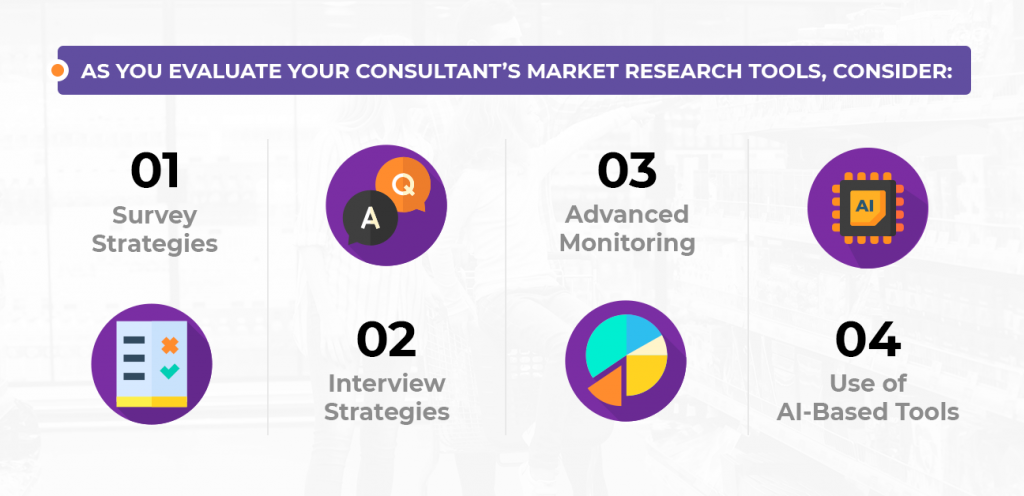
Get the Consumer Insights You Need—With or Without a Consultancy
There are many crucial elements to consider when deciding whether or not to use a market research consultant for your latest consumer insights project. You have to walk a fine line between staying under budget and getting the most actionable consumer insights possible.
But at every turn, you have to keep one question in mind—is working with a consultancy really necessary for this particular issue?
Professional researchers bring a lot of experience, knowledge and skills to the table. However, advancements in self-service tools have made it easier to forego consultancies and go the DIY route.
If you want to know if a self-service consumer insights tool is right for you, check out this free whitepaper.
 All
Articles
All
Articles Email
Analytics
Email
Analytics




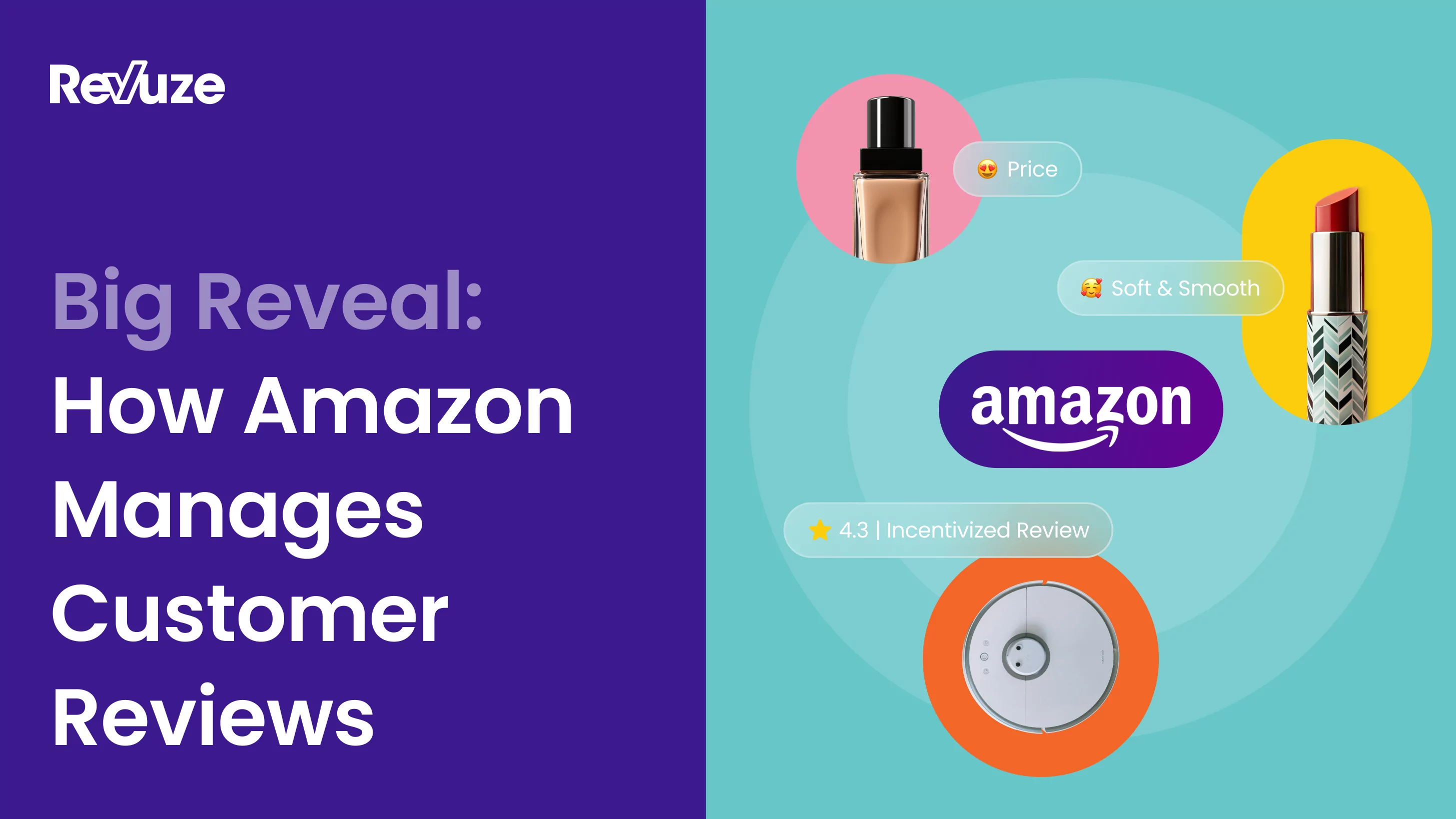
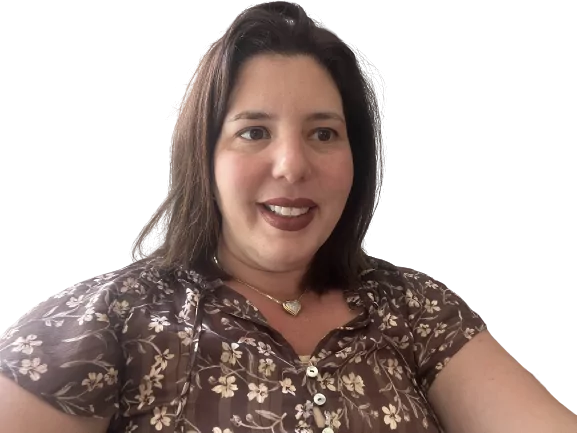

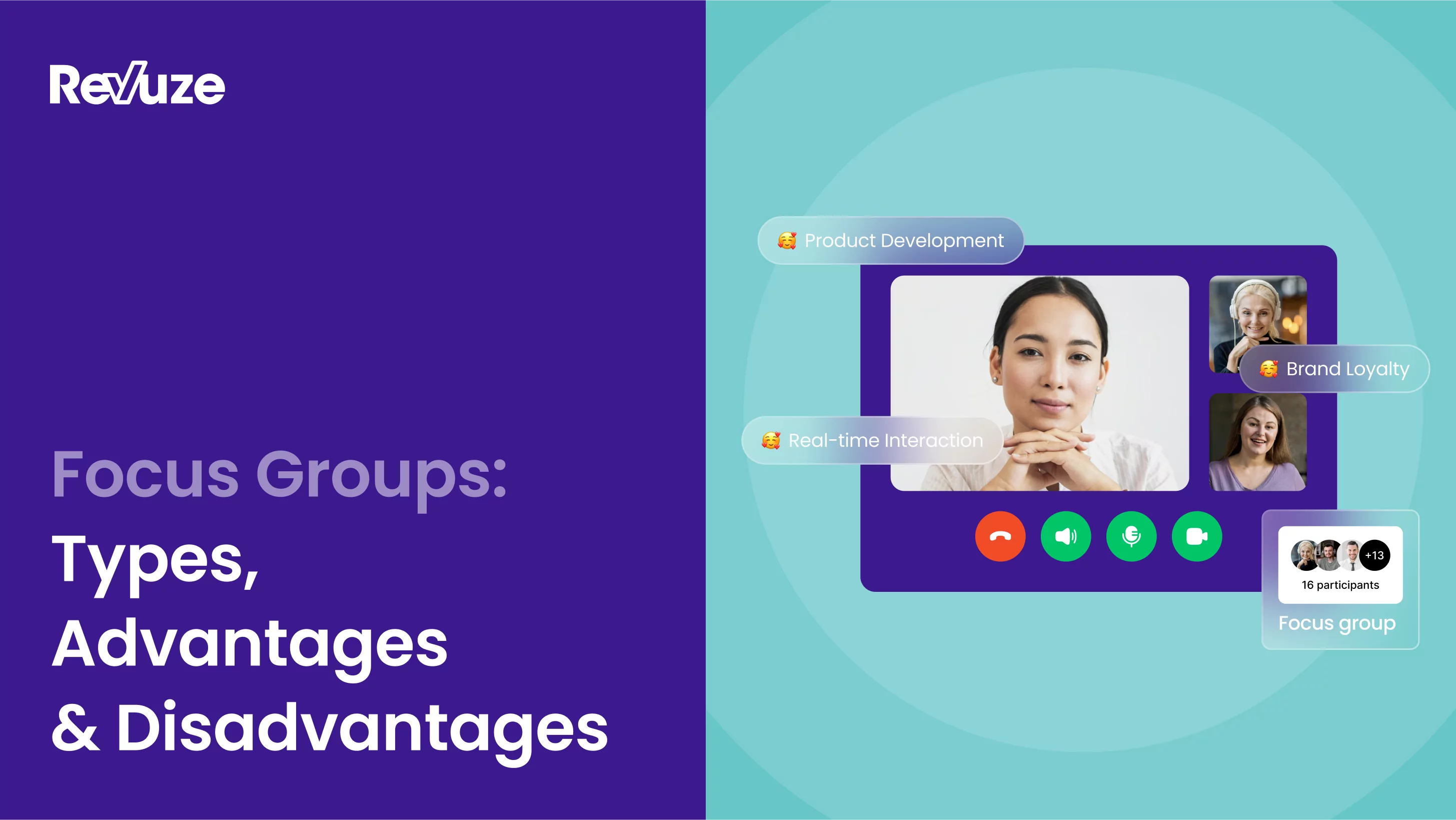
 Agencies
Insights
Agencies
Insights